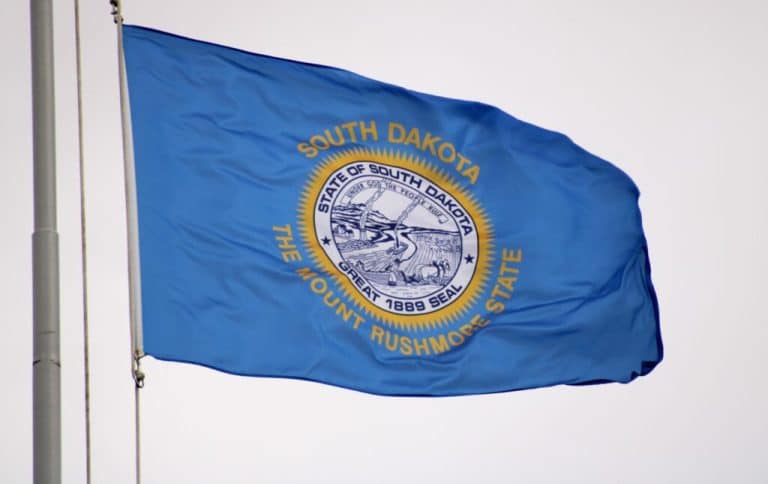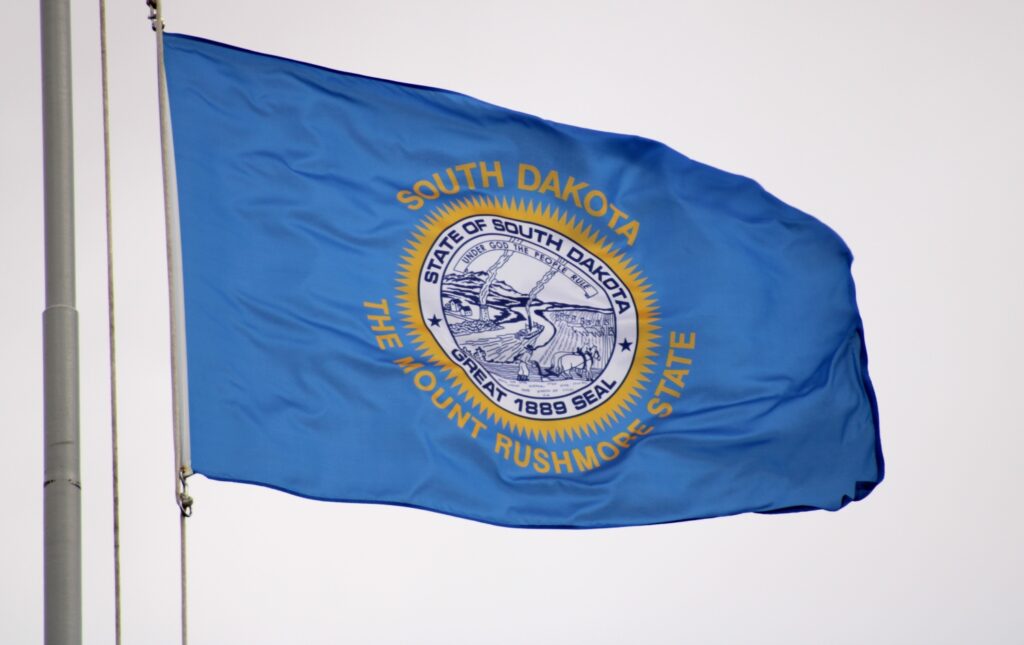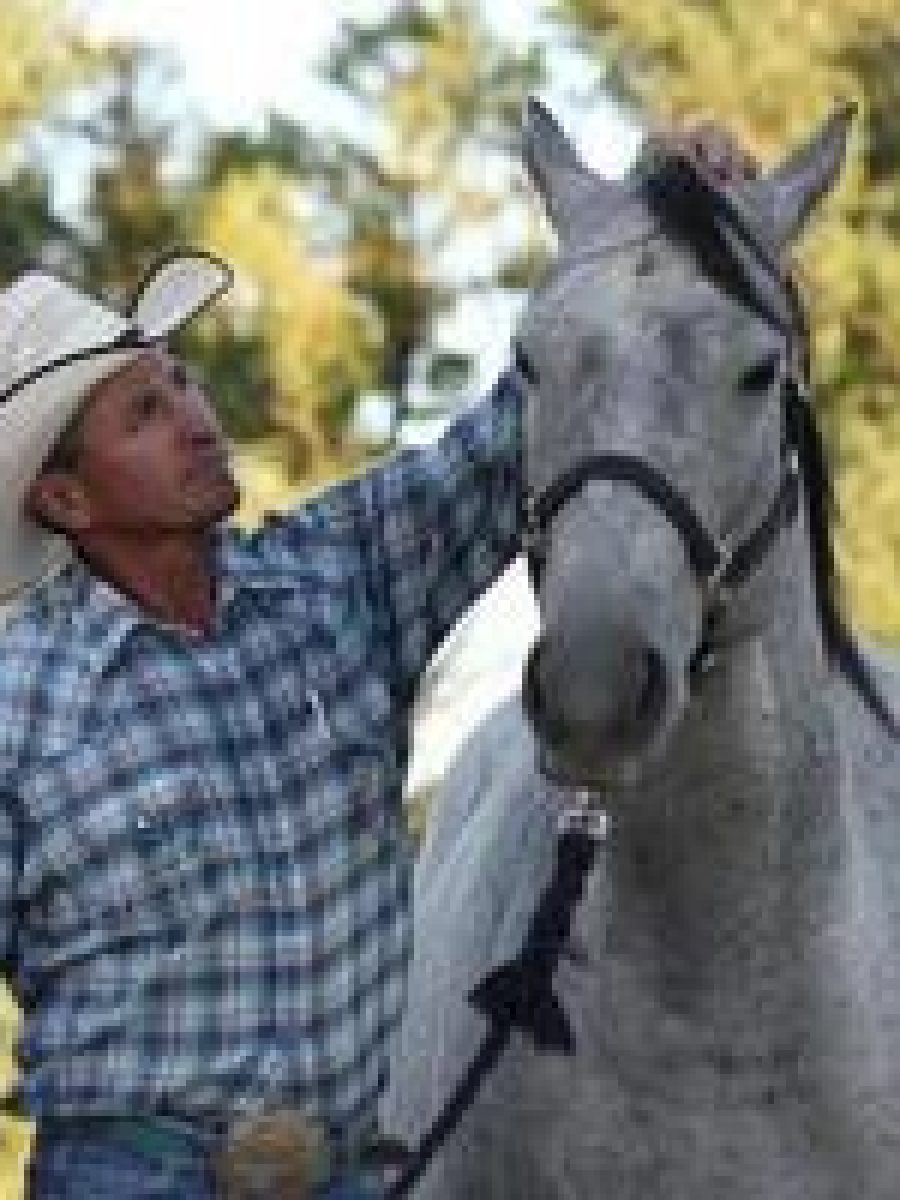PIERRE, SD – South Dakota Republican Governor Kristi Noem is claiming the new proposed social studies standards are free from “political agendas” and include an increased focus on Native American history.
But they received swift criticism from some educators as a thinly-veiled political document that emphasizes the qualities of America’s founders and mimic language Noem has used as she jumped on the conservative cause of weeding certain “divisive” teachings on race from public schools.
The process was first stalled in 2021 over protests that the Department of Education changed a working group’s recommendations to the state’s social studies standards significantly by removing references to Native American history and culture.
Noem called for a delay in changes to the social studies standards and appointed a new working group. The 15-member standards workgroup, selected partially by the governor, included Noem’s chief of staff, two Republican lawmakers and the director of the South Dakota Catholic Conference, but just three educators certified by the Department of Education. The group’s work was facilitated by William Morrisey, a former professor at Hillsdale College — a conservative institution in Michigan that has tried to remake education across the country.
The new 128-page document more than doubles the length of the proposed standards the Department of Education released last year. They would make the sprawling argument that the United States, though not without fault, is an exceptional nation that has uniquely advanced rights for every race and gender. They are also peppered with Christian history and explore the religion’s influence on the nation’s leading figures and on Western civilization.
For example, seventh grade students are expected to explain how the nation’s founders advanced equal rights for every person and advanced the idea that each person “is endowed with these rights by the God that created them, and that the existence of human slavery was understood by most, but not all, of the founders to be a contradiction of the principle of human equality.”
Seventh graders are also to be taught: “Patriotism is the love of country, meaning that one holds his or her country up to an objective standard of moral right and wrong, preserving the ways in which the country does good and correcting the ways it sometimes does wrong.”
The standards state they are intended, in part, to “foster a love of country that, like any love, is not blind to faults.”
Nick Tilsen, the president of the Indigenous advocacy organization NDN Collective, said that when the standards start out with goals like that, they are bound to further a narrative that continues to treat minority groups unjustly.
“Her approach in this curriculum further perpetuates ignorance, further perpetuates racism and white supremacy,” he said, adding “These priority areas are dominated by nationalism.”
The proposed standards are the Noem administration’s second attempt to update the learning objectives. Both the political left and right criticized last year’s standard-setting process and led Noem to scrap that proposal and relaunch the process. Noem’s new version, released Monday, appeased conservative critics.
Republican state Rep. Sue Peterson, who resigned in protest from last year’s workgroup, praised the new standards in a statement released by the governor’s office. She called them “substantial and straightforward standards that emphasize our founding documents, our pursuit of freedom, and treat our nation’s history honestly.”
Noem’s office also attempted to head off criticism from Native American education advocates and included a statement from Joe Circle Bear, a member of the Cheyenne River Sioux Tribe who was part of the workgroup.
“Governor Noem promised to tell our story as part of American history, and these standards do that,” Circle Bear said in the statement.
The new standards ask schools to teach students about the “removal and relocation” of the Dakota, Lakota and Nakota, major battles and massacres in their history, the effects of forced boarding schools on Native Americans, as well as Indigenous leaders such as Crazy Horse, Sitting Bull and Spotted Tail. It also covers the Civil Rights Movement and its leading figures, such as Rosa Parks and Malcolm X.
But Native American educators, who protested after the Department of Education last year cut references to Indigenous culture and history from a draft the workgroup submitted for final approval, said the new standards continued to push Indigenous history and culture to the periphery.
“They are not inclusive to say the least. The goal was to get away from inclusivity to push an agenda that the governor deems important,” said Sarah White, who directs the South Dakota Education Equity Coalition. “It’s definitely going to further disenfranchise our students when it’s missing that Indigenous lens.”
White said her group is strategizing how to weigh in on the social studies standards as they next become open to public comment at several hearings in the coming months. After the public comment period and potential revisions, the Board of Education Standards, which is appointed by the governor, will approve the new education standards.
White said, “We’re hopeful that we can pack the house at all the public hearings.”













